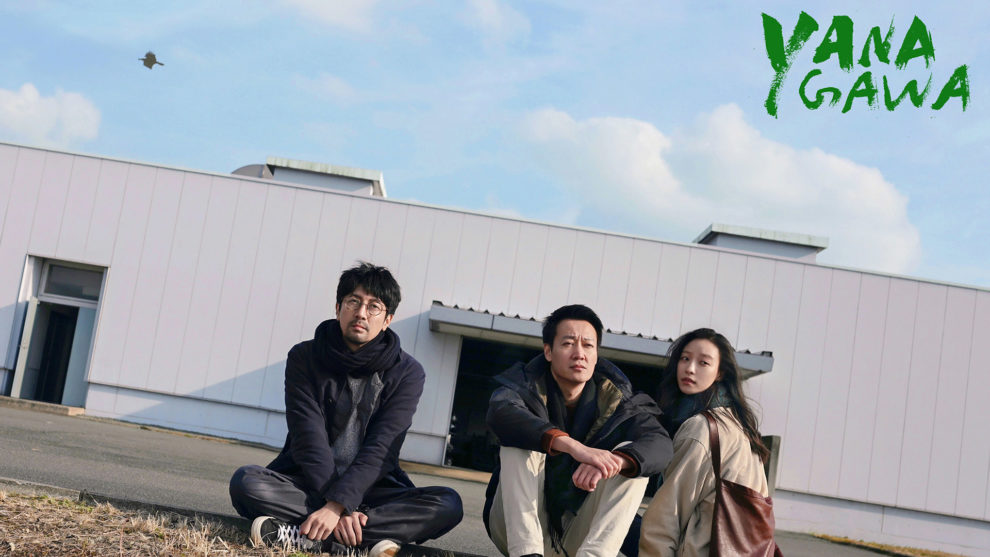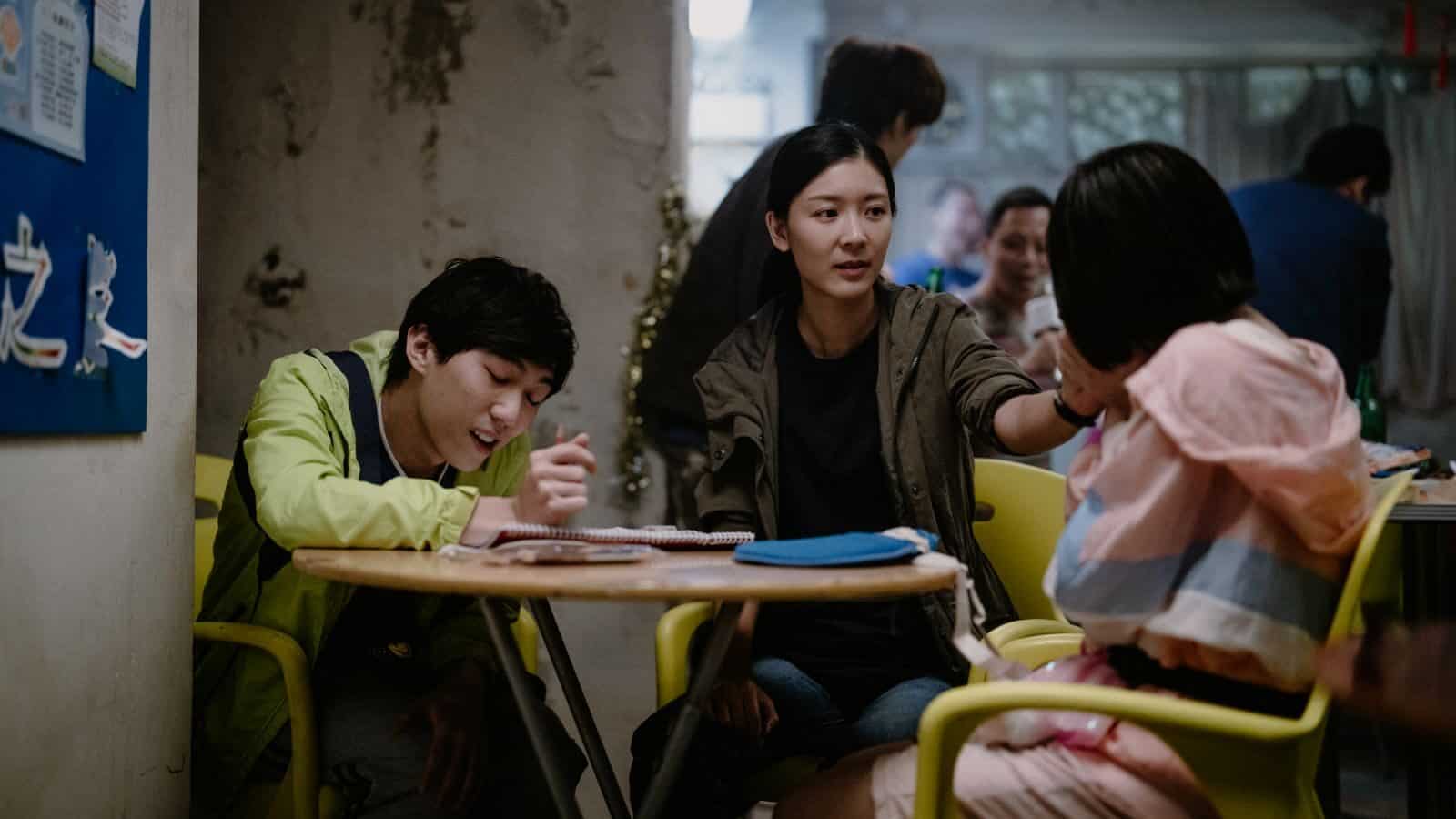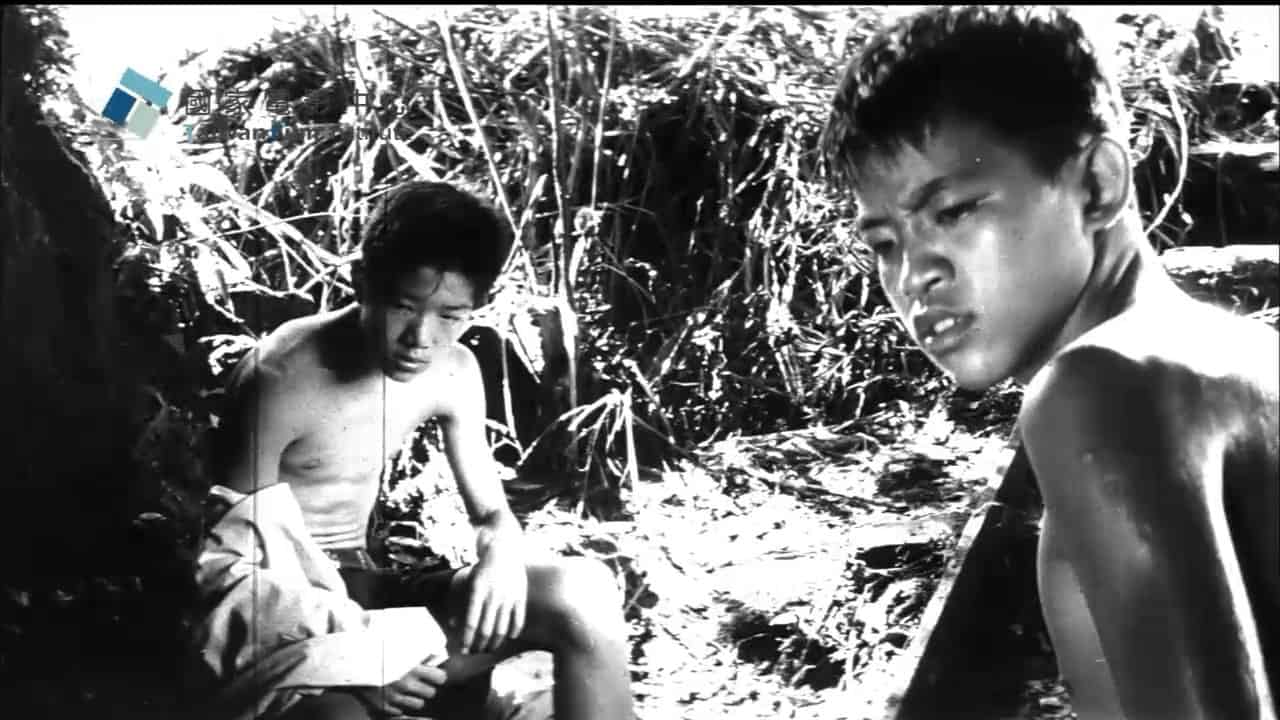Most of us have a kind of bucket list with things like visiting distant places, doing something we are scared of but attracted to, saying ‘no' to someone who made our life miserable, building a thing that would make other people jealous or whatever floats our individual boats. We would probably have even more ideas if the clock was ticking faster than one would like it to. What would be that one thing we absolutely needed to do if we had the worst of all news being delivered to us?
“Yanagawa ” is screening at Vesoul International Film Festival of Asian Cinema

Zhang Lu builds the plot of his gentle drama “Yanagawa” around that concept, sending Dong (Zhang Luyi, aka Edward Zhang) on a trip to “Venice of Japan” Yanagawa with his older brother Li Chun (Bai Qing Xin). Dong has been diagnosed with 4th stage of cancer, and it's a road of no return which he silently accepts, deciding not to lose the word about it to anyone except to a stranger he has a short cigarette break with before the designated trip. His plan is to erase his past, but he forgets that he is about to contribute to the genesis of a long lasting memory of his existence.
“Yanagawa” is a contemplative film about people of different nature and different cultures that come together in the titular, oddly deserted Japanese city. Zhang turns its quiet beauty into an advantage by setting the crucial scenes against the backdrop of the lush greenery and impressive architecture along the river bank wonderfully caught by the lens of Park Jung-hun.

In the film, local and Chinese songs are sung, old stories are retold and new ones created in three languages alike: Chinese, Japanese and English. cultures meet and (almost completely) don't clash in a utopian-like tale of love and understanding lost and then found.
The Korean-Chinese director also tackles the question of national identity and ‘belonging'. A type of duality is given in polarity of two brothers extremely different in nature, who happen to be speaking in different accents. The younger one finds that Pekingese is brutal and that: “it sounds like bullets out of a mouth”. One brother speaks Japanese and communicates in English, the other is a proud Chinese man who always find something to complain about regarding ‘them'.
Another interesting layer of the story is the dusting of human memory. How much can we really rely on our pictures from the past? Are they faithful to the truth or modified to correspond our version of it? Dialogues build on different versions of the same events experienced by three people sound believable, like they are simply echoing their own thoughs in the search for answers.
A bit into the film, the secret about why the trip had to lead to Yanagawa is revealed: the former love interest of both brothers who disappeared without words almost 20 years ago, lives there. They look up for her at the bar where she performs as a singer. The question about why of all places would a girl move to Yanagawa doesn't hang long in the air. Chuan'er (Ni NI) explanation comes almost immediately – it's the city that shares her name in Chinese – Li Chuan. There is also an actual, physical connection between her and her new home: a young Japanese man (played by excellent Sosuke Ikematsu), whom she met in England.
“Yanagawa” had its world premiere in Tallinn in the official selection of PÖFF, which will probably catapult its chances of being shown at further international film festivals.















